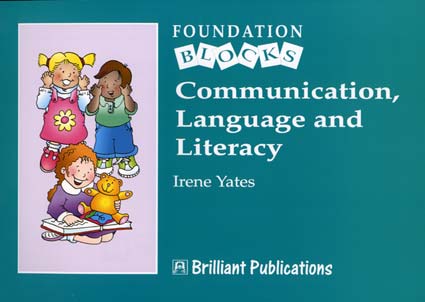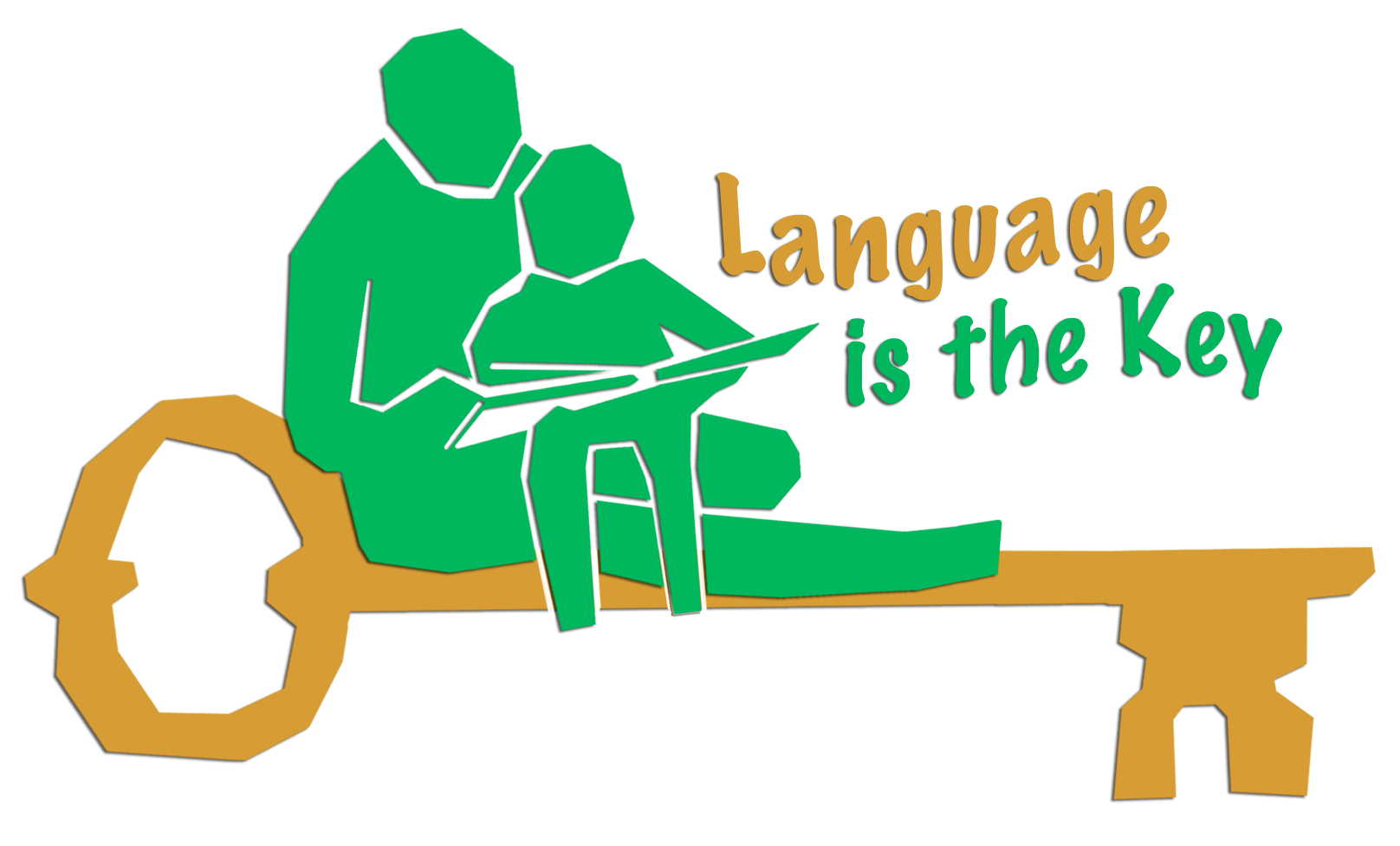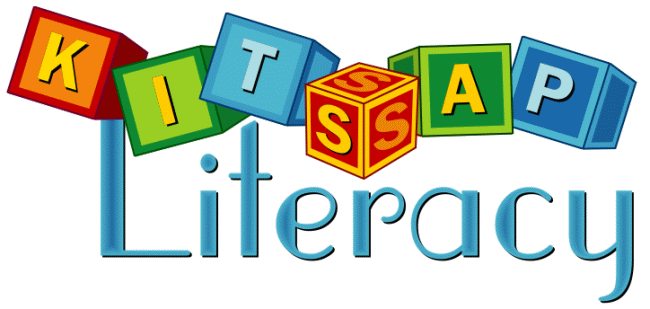Difference between Language and Literacy

Human psychology always plays a significant role in conversation. The ability to easily unleash the language gives you a number of advantages. You can understand a person with the help of language, and, therefore, to learn, how can you influence it.
It is believed that a person can be called literate if he knows all the rules of any given language. However, often people who have never taught the rules write without errors, and those who diligently crammed textbooks in school are illiterate. It is necessary to pay attention not only to the rules, but other methods of improving literacy.
Instructions
-
1
Language:
Any illiterate person can speak any language without the shadow of the doubt. However, that person may have to go through a learning process and needs to carefully listen to other people around him/her. Above all, you can learn language after going to school.
Image courtesy: homecityfamilies.org

-
2
Literacy:
In today's society, you meet illiterate people more often who do not care about the spelling of words, the alignment of punctuation marks, and competent expression of their thoughts. However, these are quite important issues while dealing with literacy. Literacy starts from childhood. The child perceives literacy through parents. It serves as an example for him/her. It is important to be literate and to find a decent job. Many employers pay special attention to a person's speech, while conducting an interview. After all, no one wants to take the position that involves interaction with illiterate people. Use dictionaries and reference books for knowing more about literacy.
Whenever you come across an unfamiliar word or expression, try to find its meaning and do check out the origin of the word. Use new words as often as possible. But do not get carried away with a lot of pompous, complex and incomprehensible expressions in speech. The purpose of vocabulary is to learn to accurately select the most appropriate word in any context. Similarly, check the spelling of words in which you are not sure with the help of dictionaries. Refer to the dictionary of synonyms to avoid repetitions. Carefully inspect and edit writing. Re-read the text several times, thinking about how precisely and correctly you have expressed the idea, whether it will be clear to the reader how to formulate the same meaning more clearly and concisely. Sift out all unnecessary text. Check the spelling of difficult words in the dictionary; please refer to the rules of punctuation.
Image courtesy: ellkinderkids.wikispaces.com








